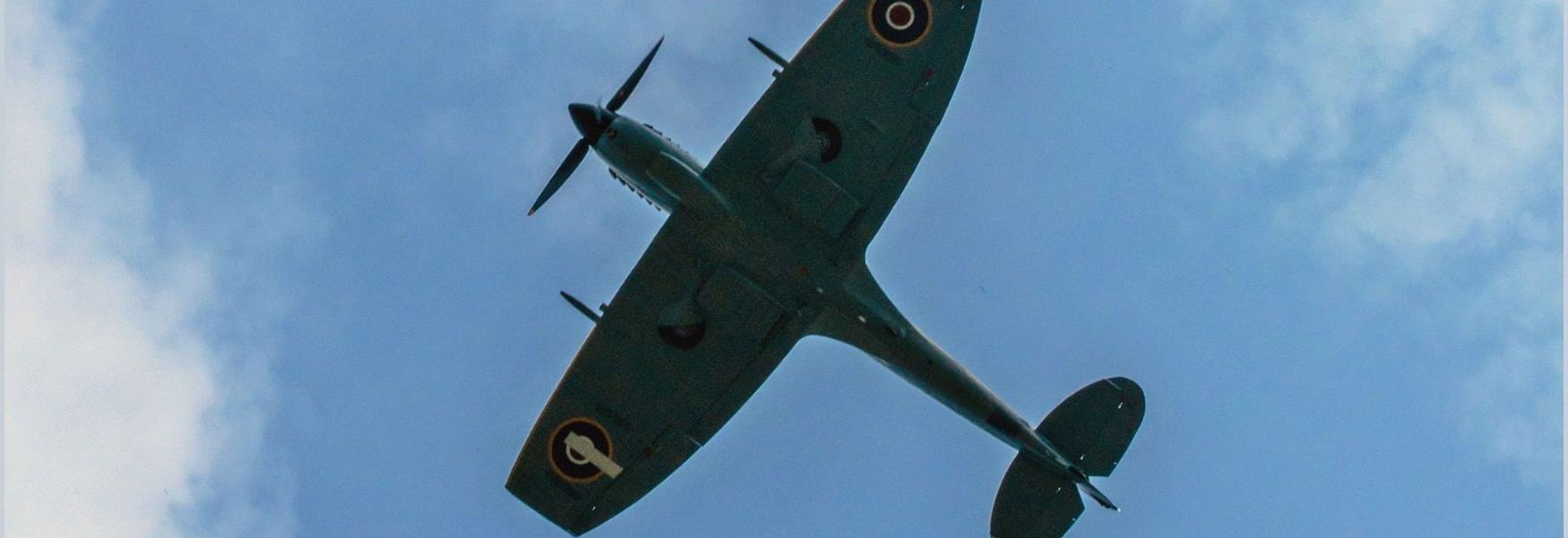28th July 1914 – 11th November 1918
WWI is often referred to as the Great War and initially, those involved believed it to be a war to end all wars. It involved much of Europe, including the UK, as well as Russia, the USA and Turkey. Battles took place across the world, including in the Middle East, Africa and parts of Asia, as well as in Europe itself. It remains one of the deadliest conflicts in history, an estimated 9 million died in combat itself while another 5 million are thought to have died in occupied areas from bombardment, hunger or disease. Further individuals lost their lives in the genocide perpetrated by the Ottoman Empire, which ruled Turkey and the H1N1 flu pandemic, also known as the Spanish Flu, which spread across the world in the aftermath of the war.
...Read More
28th July 1914 – 11th November 1918
WWI is often referred to as the Great War and initially, those involved believed it to be a war to end all wars. It involved much of Europe, including the UK, as well as Russia, the USA and Turkey. Battles took place across the world, including in the Middle East, Africa and parts of Asia, as well as in Europe itself. It remains one of the deadliest conflicts in history, an estimated 9 million died in combat itself while another 5 million are thought to have died in occupied areas from bombardment, hunger or disease. Further individuals lost their lives in the genocide perpetrated by the Ottoman Empire, which ruled Turkey and the H1N1 flu pandemic, also known as the Spanish Flu, which spread across the world in the aftermath of the war.
British soldiers were initially volunteers, but as the war continued, were conscripted into service. On returning home, many found that they were unable to talk about the trauma they experienced. In Britain, conscription resulted in the calling up of nearly every physically fit man in Britain. Of these around 750,000 lost their lives, most of these were young, unmarried men. Conscription began in 1916 and demanded that men aged 18-40 were liable to be called up for military service unless they met a certain criteria. Married men were exempt in the original act but this was changed, as was the age limit, which was raised to 51. Conscription lasted until mid-1919 and only applied to England, Scotland and Wales.
Read Less to add an item to your Itinerary basket.
to add an item to your Itinerary basket.
